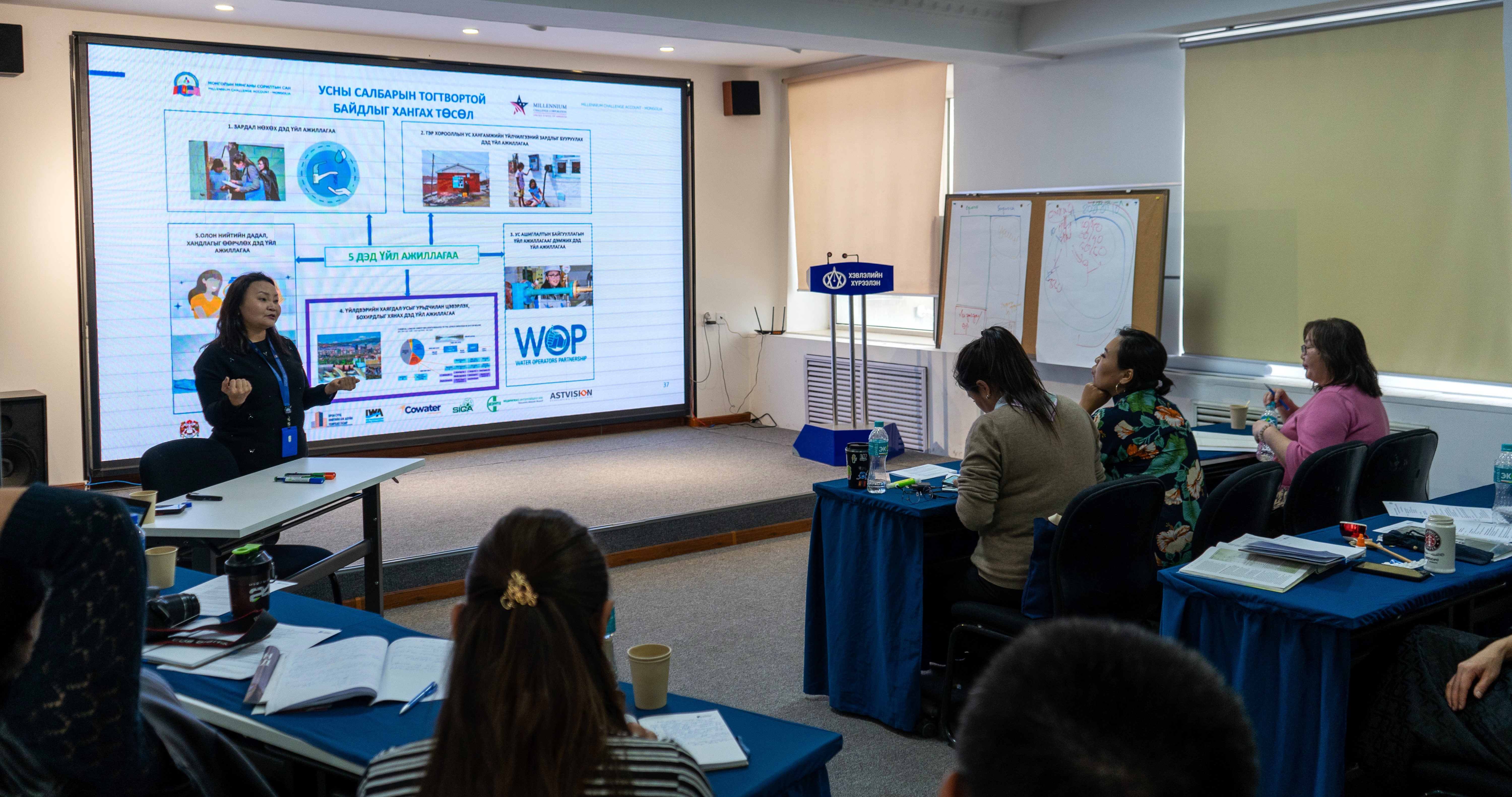
Ulaanbaatar city, November 18, 2022 – MCA-Mongolia provided a training session on MCC-Mongolia Water Compact to participants of “KAS College for Environmental Journalism 2022”, organized by the Press Institute of Mongolia with the support of Konrad Adenauer Foundation, Germany. During the training session, B.Batsukh, Director of Downstream Wells Activity, and L.Unurjargal, Director of Sustainability, MCA-Mongolia presented on Ulaanbaatar Bulk Water Supply Project under the MCC-Mongolia Water Compact. N.Odkhuu, head of the Engineering Policy Department of Water Supply and Sewerage Authority (USUG) also briefed on the current state of water supply and services in Ulaanbaatar.
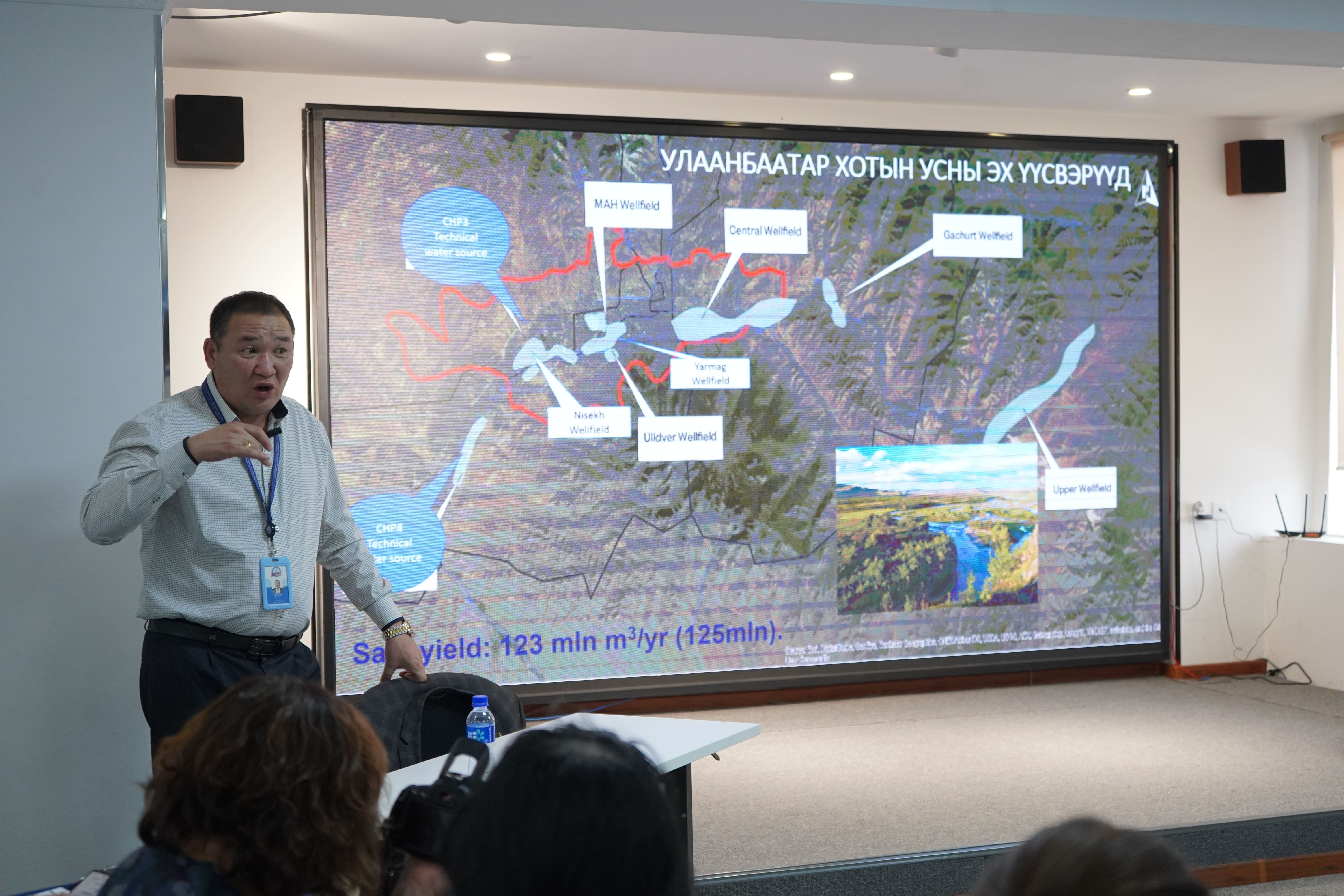
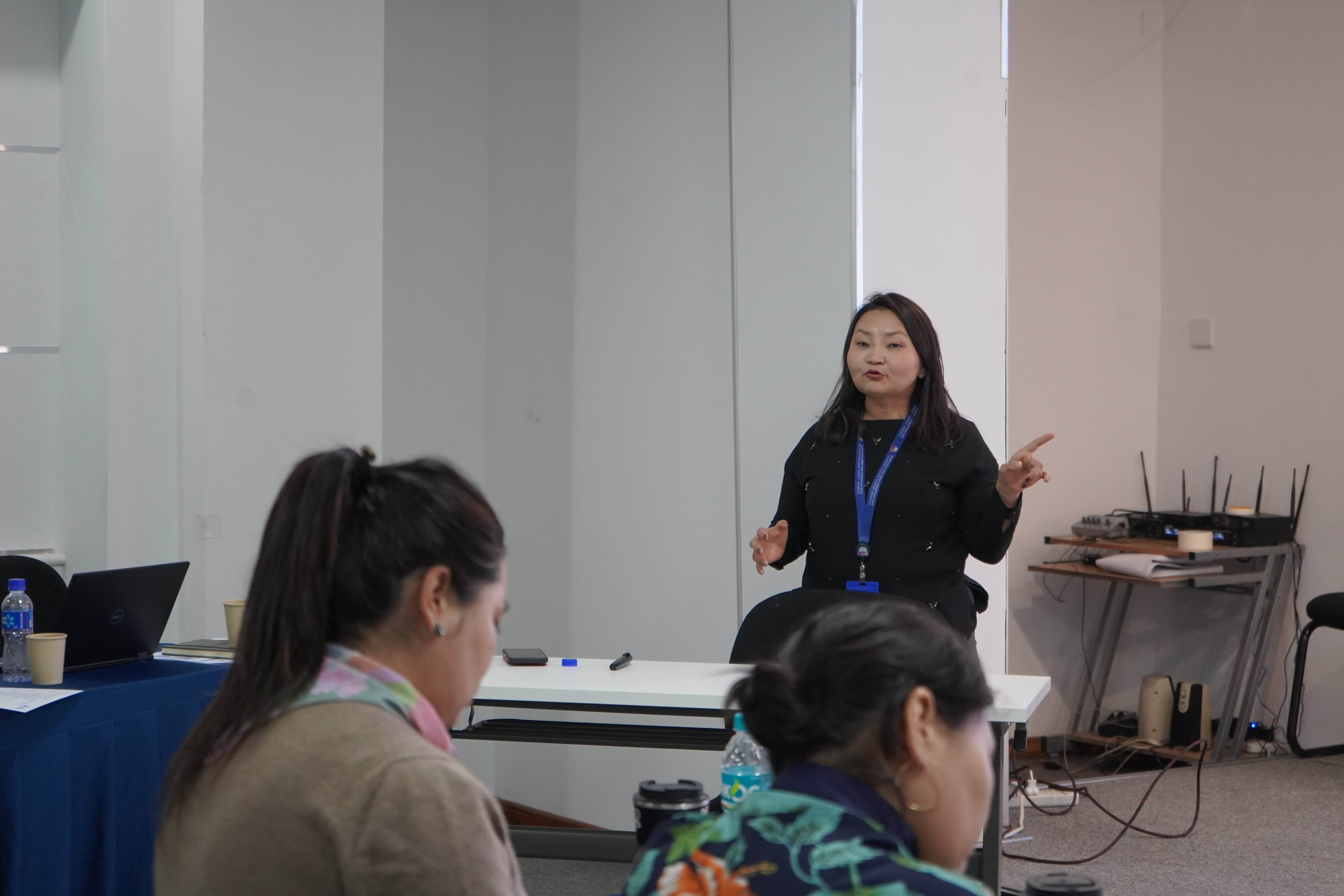
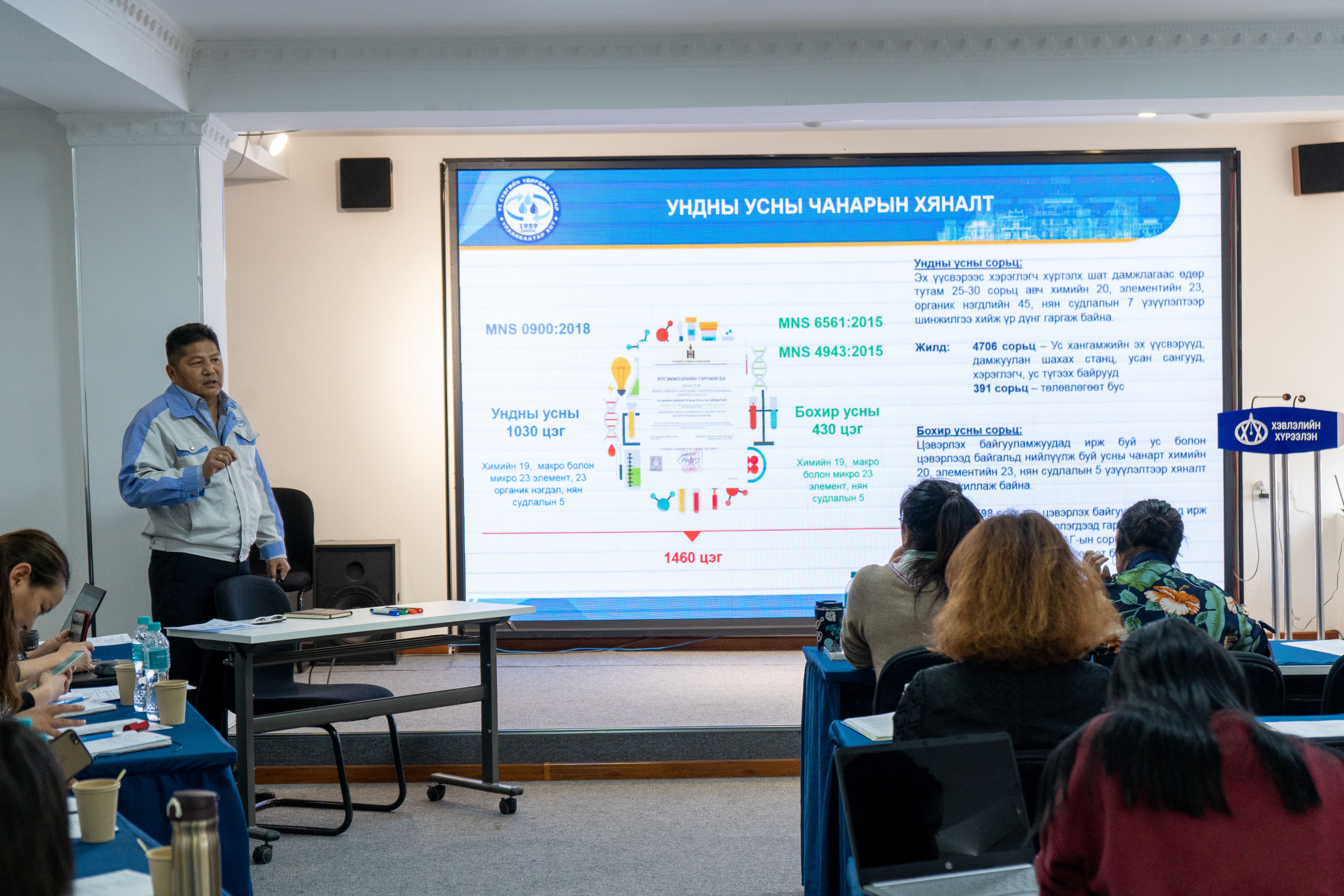
A total of 16 journalists, 11 from Ulaanbaatar and 5 from rural media organizations, are participating in the program.
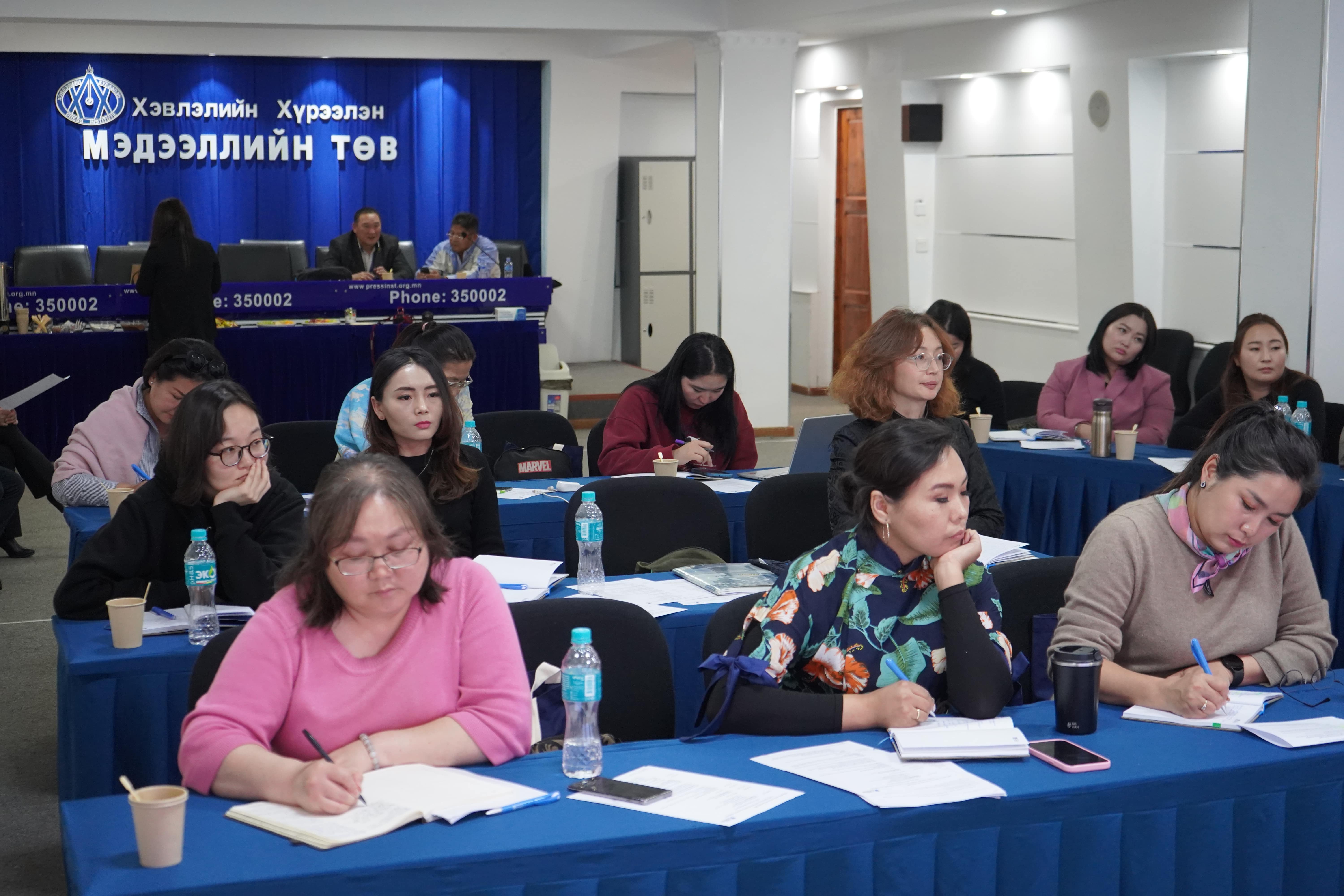
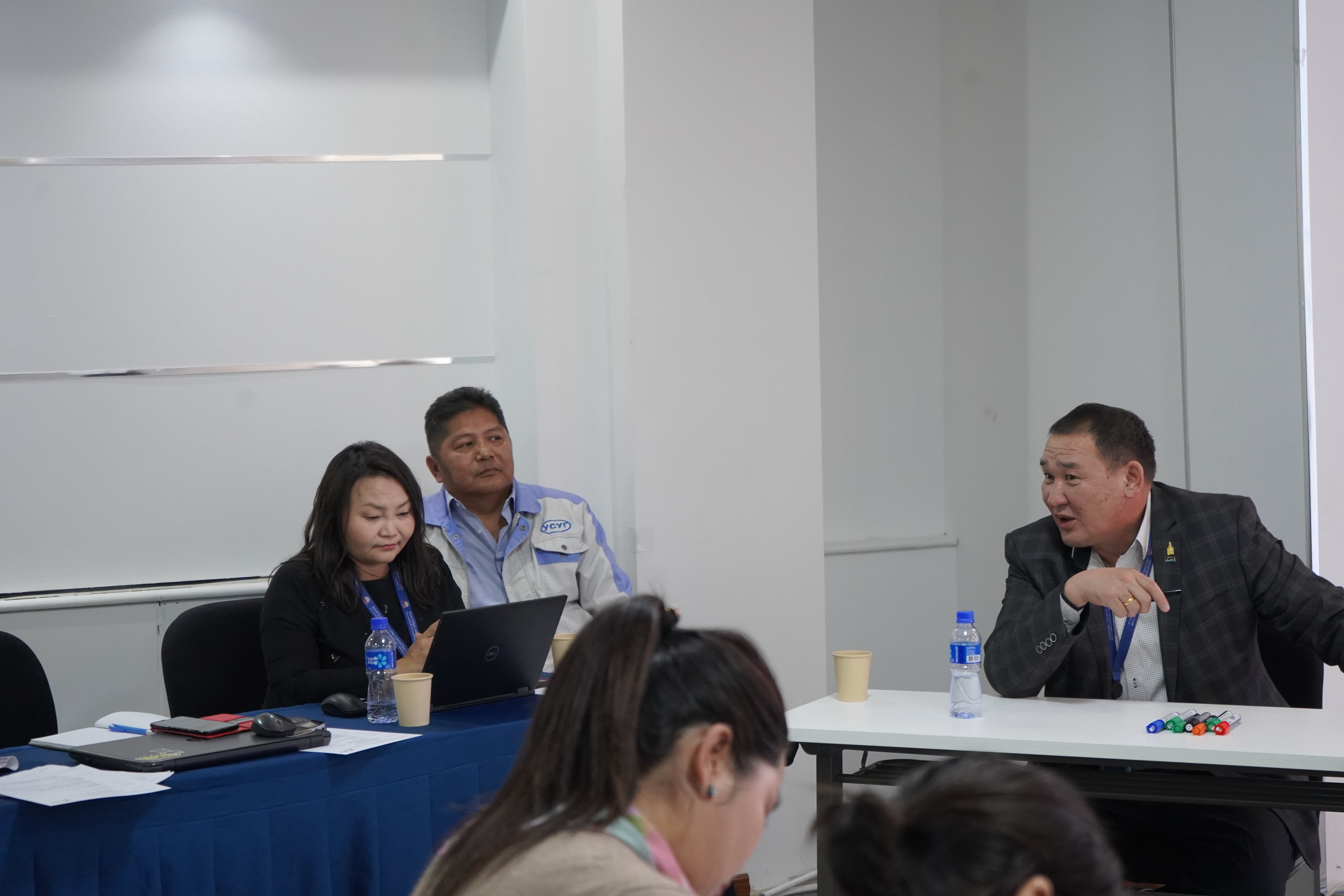
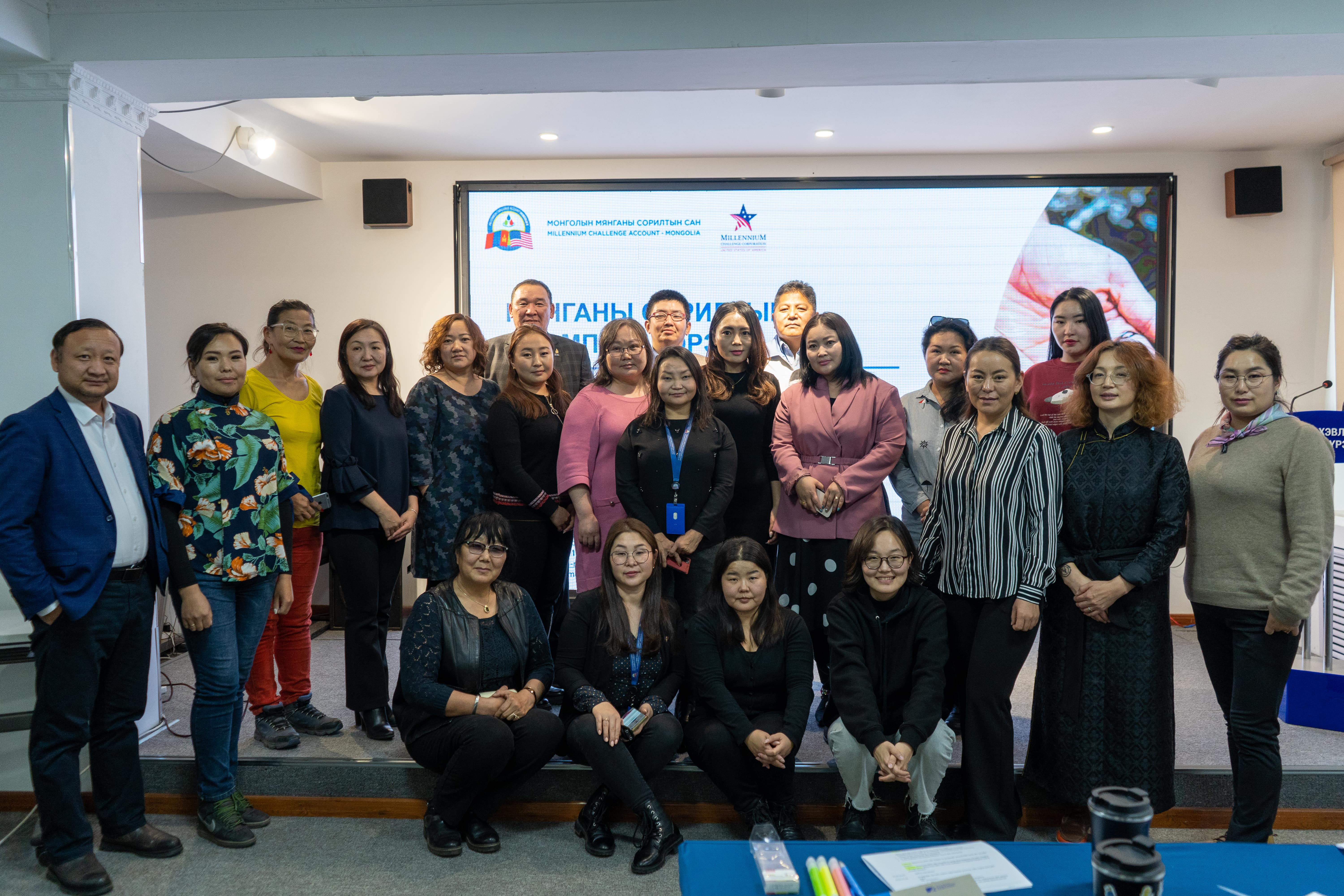
During the training session, two of the participating journalists shared their impressions about the information shared and their opinion on the session and the Compact activities.
D.Narantuya, a journalist from MM News Agency, Mongolian National Broadcaster:
- We all know and are aware of MCC and a Compact Agreement and its benefits since the first Compact was introduced and implemented. I was glad when I heard the MCC decided to implement the second Compact in Mongolia, specifically and comprehensively addressing the immediate water issues and challenges of Ulaanbaatar City. In today's training, I received detailed information about the projects and activities, being implemented under the MCC-Mongolia Water Compact, their benefits, the stakeholders’ participation, and how they are working together to successfully implement this program. What is particularly impressive for me is the compact’s comprehensive approach including the environmental and social issues in the program implementation. Based on the training content and information, I understand that this Water Compact is a visionary one with a huge impact on the development of our country and helps Mongolia to solve numerous water-related immediate challenges. After all, the most important thing is that we need to be capable of carrying all those infrastructures forward successfully and sustainably, after the Compact closure.
M.Bujin, CEO, “Zero-Waste Mongolia” NGO:
- It's not easy to bring in such a huge amount of climate-smart investment, especially through grant funding. I am feeling grateful that the Compact funding is focused on solving immediate water challenges that the City of UB is facing, which is vital for the country's development. No water, no life. In my opinion, all the projects and activities being implemented under this Compact agreement all are addressed to the immediate water challenges of Ulaanbaatar City. Particularly, it is commendable that CHPPs will start using recycled water instead fresh groundwater for their technical use, thanks to the Compact Program implementation. I hope that recycled water usage will be expanded in the future. There are very few countries left like us where pure drinking water is flushed down the toilet. Now, what is important is that the Government of Mongolia and other relevant stakeholders need to actively participate and work more closely together to successfully implement these projects and activities under the Compact duration.
###
This $462 million project is a partnership between the American and Mongolian people made possible by $350m in MCC grant funding and the $111.76m contribution from the Government of Mongolia which demonstrates their commitment to working together to achieve economic growth and poverty reduction in Ulaanbaatar. The Mongolia Water Compact is funding major infrastructure projects, including the construction of new wellfields and two large plants - an Advanced Water Purification Plant and Water Recycling Plant which will be the first of their kind in Mongolia. In addition, the Compact will invest in policy measures to create a financially and environmentally sustainable future for the water sector of Ulaanbaatar. As a result, the water system in Ulaanbaatar will have been expanded to deliver 80% more drinking water, allowing for the city’s future expansion.
